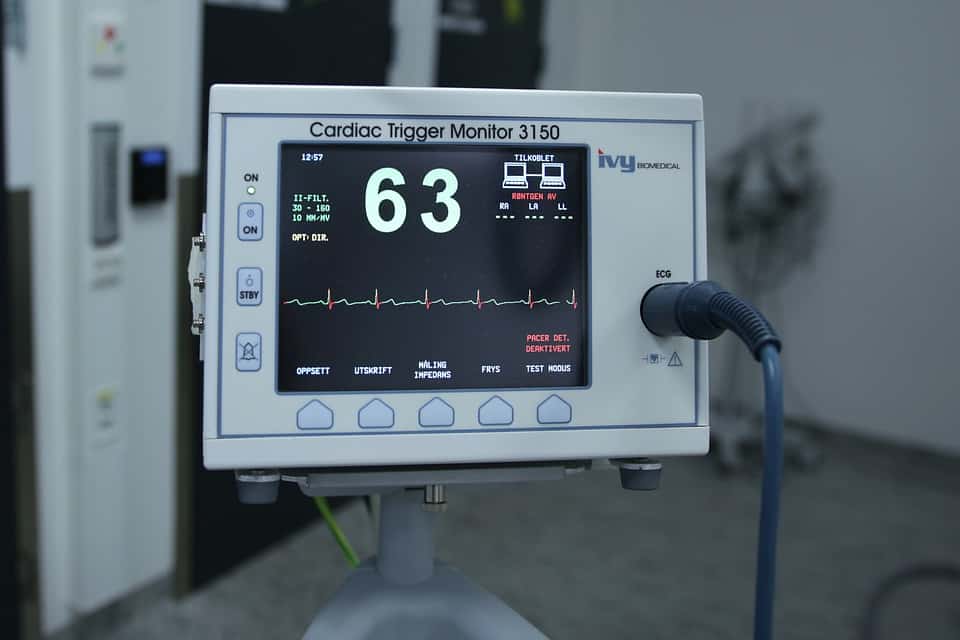San Diego, CA Injury Accident Attorney Supports CAOC
George Washington once said:
“Discipline is the soul of an army. It makes small numbers formidable; procures success to the weak, and esteem to all.”
Letter of Instructions to the Captains of the Virginia Regiments [July 29, 1759]. The advocates of consumer rights, viewing the resources of defense firms and corporate defendants, can relate to the trepidation felt by the out-numbered and out-gunned Continental Army. Because of that disparity in resources, Consumer Attorneys of California (“CAOC”) consolidates the voices of consumer attorneys throughout the state to (1) preserve and protect the constitutional right to trial by jury for all consumers, (2) champion the cause of those who deserve redress for injury to person or property, (3) encourage and promote changes to California law by legislative, initiative or court action, (4) oppose injustice in existing or contemplated legislation, (5) correct harsh, unjust and oppressive legislation or judicial decisions, (6) advance the common law and promote the public good through the civil justice system and concerted efforts to secure safe products, a safe workplace, a clean environment, and quality health care, (7) uphold the honor, integrity and dignity of the legal profession by encouraging mutual support and cooperation among members, (8) promote the highest standards of professional conduct, and (9) inspire excellence in advocacy. This post is a multi-blog effort to inform consumer attorneys about CAOC’s value and encourage participation in CAOC through membership.
CAOC works tirelessly to protect or advance those causes of import to consumers and their attorneys in California. Often those efforts, though valuable, receive little fanfare. For example, CAOC recently sponsored SB 510, which affects the re-sale of what are known as “structured settlements,” in which victims receive financial compensation over a period of time for medical expenses and basic living needs, as determined by a jury. Before SB 510 was signed by the Governor, Courts expressed frustration at their inability to prevent the sale of structured settlements on terms that might ultimately lead to long-term financial hardship for the victim. Now, SB 510 gives judges the information they need to make a reasoned decision about the propriety of a structured settlement sale.
Measures like CAOC-sponsored SB 510 help protect the most vulnerable members of our society and ask for nothing in return. They exemplify the spirit of CAOC. However, CAOC is only as effective in its mission as its membership allows it to be. When consumer attorneys join the ranks of CAOC, its voice gains in power and clarity. But if consumer advocates sit on the sidelines, hoping to benefit from the work of others, CAOC is stretched thin, and we are all at risk as a result.
Now, consumer advocate bloggers from across the state are combining their voices to call upon each and every lawyer and firm that regularly represents plaintiffs to join CAOC, thereby strengthening the consumer’s first line of defense. The blogs participating in this unified call to action are:
- The Complex Litigator (H. Scott Leviant)
- The UCL Practitioner (Kimberly Kralowec)
- Bailey Class Action Daily (Matt Bailey)
- California Employee Rights Blog (James J. Peters)
- An Appeal to Reason (Donna Bader)
- California Personal Injury and Insurance Blog (Jonathan G. Stein)
- California Debt Blog (Jonathan G. Stein)
- TrialLawyerTips.com (Mitch Jackson and Lisa Wilson)
- California Injury Blog (John Bisnar)
- San Diego Car Accident Lawyer Blog
- San Diego Injury Accident Lawyer Blog
- California Nursing Home Abuse Lawyer Blog (Walton Law Firm LLP)
- San Diego Injury Law Blog (Walton Law Firm LLP)
- California Personal Injury Law Blog (Norman Gregory Fernandez)
- Biker Lawyer Blog (Norman Gregory Fernandez)
- California Credit Law (Mark F. Anderson, Carol Brewer & Andy Ogilvie)
- Lemon Law Blog (Mark F. Anderson, Carol Brewer & Andy Ogilvie)
Show your support of consumers’ rights by joining and supporting CAOC. Together we can make an impact that we cannot make alone.…










